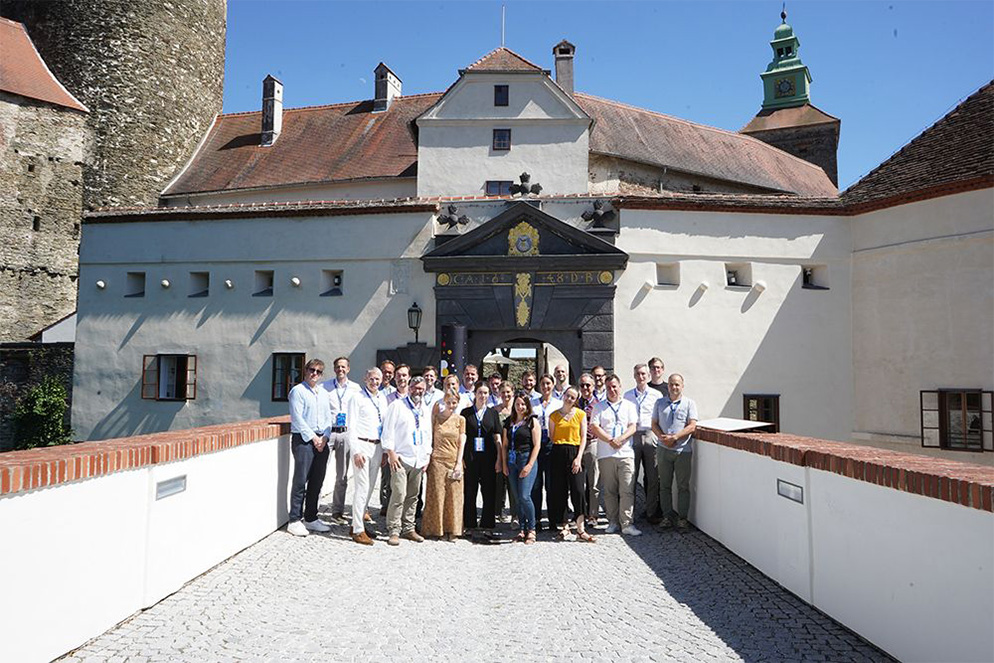


BY NATHAN COYLE / ON 31 JULY, 2025
On July 4th, the PeaceTech Alliance and the Austrian Centre for Peace hosted a full-day workshop and closed summit as part of the Austrian Forum for Peace—an ongoing platform for dialogue, strategy, and innovation in Austrian peace policy. Designed to bring together actors from across government, academia, civil society, and international organisations, the Forum offers space to shape Austria’s role in peacebuilding in a rapidly changing global landscape.
This session focused on a pressing and forward-looking question: What could a human-centric, values-driven approach to PeaceTech look like—and how might Austria lead not through dominance, but through trust, neutrality, and ethical innovation?
The gathering brought together a wide mix of voices—independent officers from several federal ministries, including the Chancellery, Defence, Interior, Foreign Affairs, and the Ministry for Women, Science and Research—alongside participants from universities, the third sector, and international organisations, as well as technologists, peace practitioners, artists, and civil society actors.
What emerged wasn’t a fixed strategy, but a shared sense of direction. A vision. One grounded in Austria’s unique strengths: neutrality, trust, diplomacy, and a long-standing commitment to human rights and multilateralism.
A full synthesis paper is currently in preparation. But already, the message from July 4th is clear: Austria has both the credibility and the opportunity to shape PeaceTech as infrastructure for care, not just code—an approach rooted in cooperation, inclusion, and long-term peace.
PeaceTech doesn’t need to start with strategy. It can start with vision.